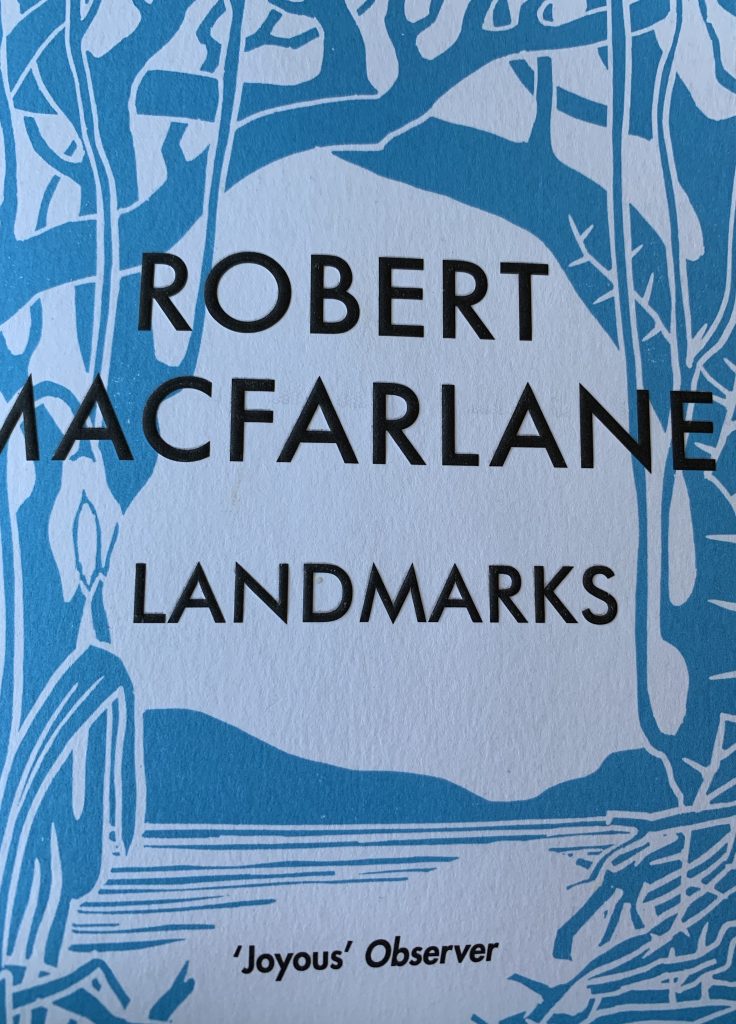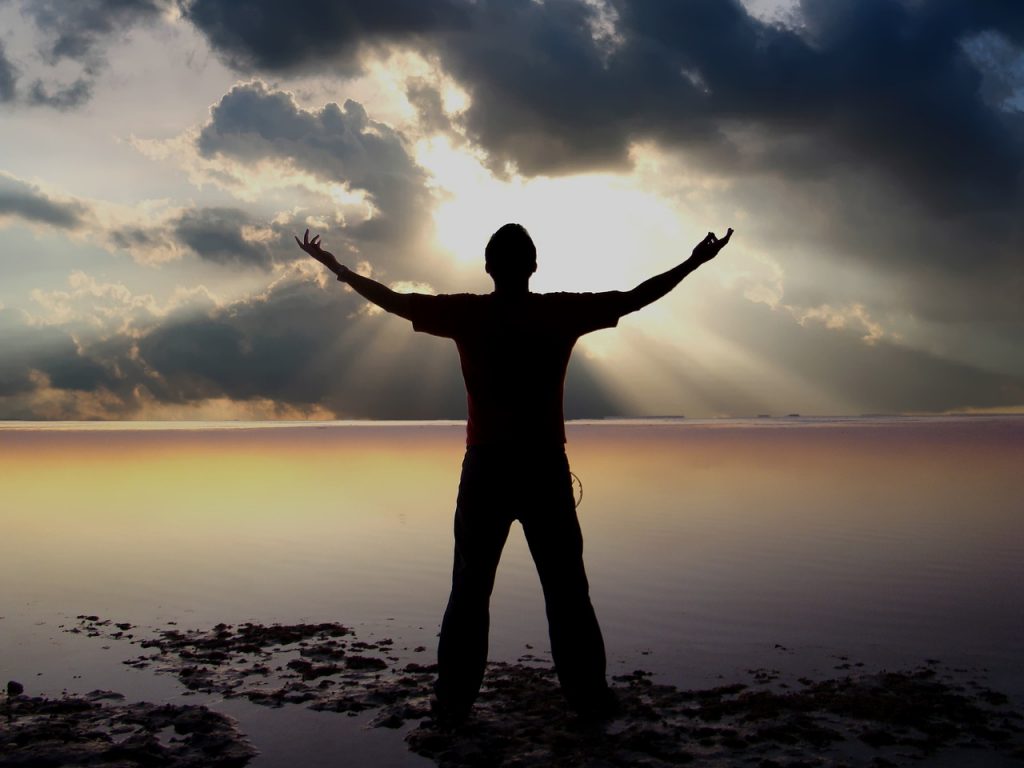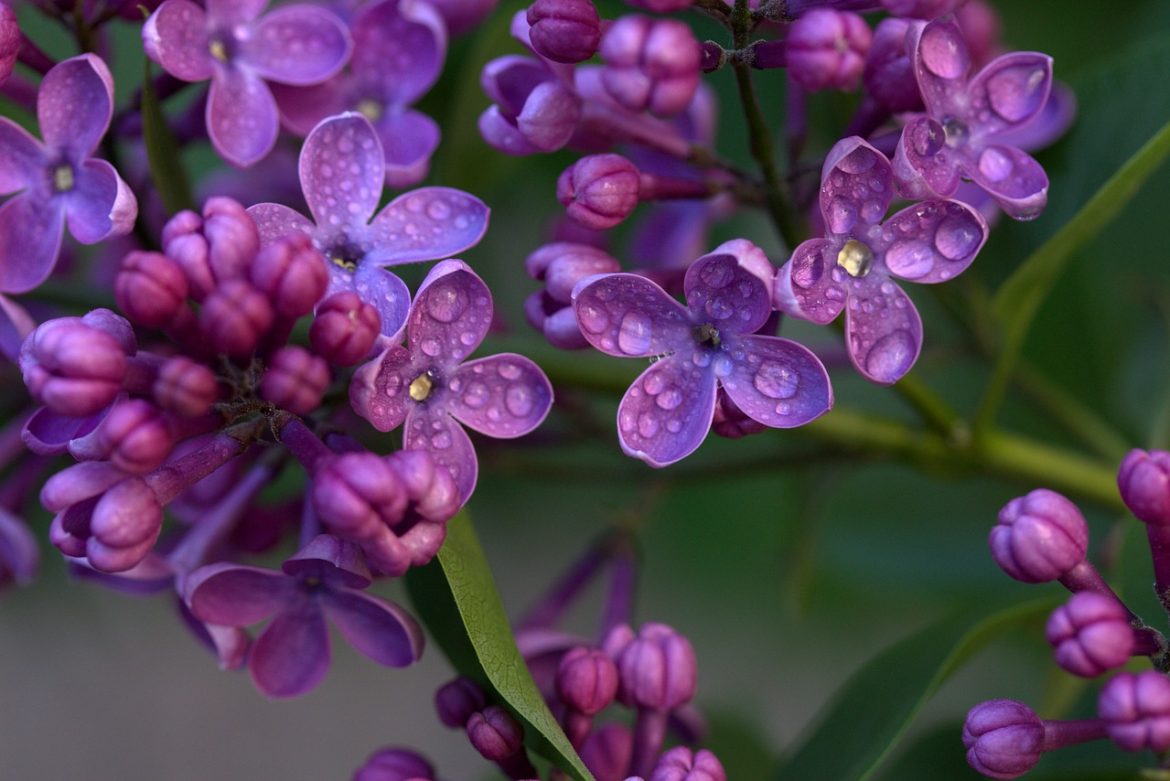by Christine Sine
“We have stunned the world out of wonder” says Robert MacFarlane in his fascinating book Landmarks. He goes on the suggest that “once a landscape goes undescribed and therefore unregarded it becomes vulnerable to unwise use or improper action.” I think the same is true of animals and even something as small as an insect or the microbial bacteria in the soil. Not just a landscape or an animal I speculate as I think of the 1 million species that might become extinct as a result of human action and the millions of faceless refugees and houseless people that live around us but that we rarely notice. “Language is fundamental to the possibility of re-wonderment for language does not just register experience, it produces it” MacFarlane says.

Robert Macfarlane – Landmarks
Landmarks has enthralled me this week, perhaps because it so resonates with the themes of my book The Gift of Wonder feeding new life into my already rich awe and wonder walks. What if I try to name each plant and tree that I pass – not just with the generic name of its species but with specific names that describe its beauty and its glory? The lilac bush outside my window could become the fragrant purple flowered bush that fills my heart with delight. What if I try to find out the name of the man who sits on the corner each day begging for money and address him with a name that gives him dignity and respect? If I can’t find out his name I can give him one – the man with rugged face and far away eyes who speaks a language I do not understand.
The Way We Name Things Matters.
The way we name things matters. “A desert wasteland” does not need to be respected. An undulating dune landscape hiding the wildflower seeds of future glorious blooming does. With a wave of our hands and the words of our mouth, we have re-enchanted this landscape, re-invested it with wonder and expectation.
I suspect this is what happened when Adam named the animals in Genesis. Each naming I suspect was an occasion of awe and wonder. I cannot imagine that he just gave them a generic “horse”, “dog” “antelope” kind of name without forethought or consideration for what the animal was. My impression is that he sat and pondered each one. Looking closely, maybe examining the creature, seeing how it was created and then naming it. The more intimately he knew the animal the more certain he was of what to call it.
How Many Names Have We Lost?

Bongo Antelope
The origin of many of the names by which we now know our animals has been lost but they still have meaning for us. Gazelle immediately conjures up an image of a swift, fast running antelope. Elephant is a large mammal with a long nose and beautiful curving tusks. Unfortunately there are many other created creatures we no longer name. Some of them we know better cars that speed across the landscape like cheetah and jaguar and impala or that trample its beauty with off road driving like rams and broncos . I was very concerned as I read MacFarlane’s book to hear that in the latest version of the Oxford Junior Dictionary there was a culling of words concerning nature. Words like dandelion, heron, herring, kingfisher, lark, and leopard. New additions included blog, voice-mail, cut-and-paste.
How many creatures no longer register on our consciousness because we have no name for them or else have given them a name with negative connotations – like dandelions – weeds to one person, obviously something to be forgotten by kids but the most nutritious plants in the garden to another?
What Would It Take to Re-Wonder Our World?

Rewondering the world
I love Lilly Lewin’s suggestion in last week’s Freerange Friday that we need to take a a wonder vacation, not to get away from wonder but to reintroduce it into our lives. To rewonder our world we need to rediscover that this is a place of mystery and that means we need to slow down and take time to notice. Re-wonderment means noticing not just the flower, but the unique and beautiful arrangement of each petal, the stamens at its center beckoning insects to its feast. Re-wonderment means stopping to inhale the fragrance, the heady aroma, more exotic than any perfume, that often only lasts for a few short days before it fades.
My awe and wonder walks have opened my eyes to new depths of wonder. Awe does beget awe. Wonder inspires wonder, and in the process, there is that sense that we once more walk in the garden with God.
Pause for an Awe and Wonder Walk Today
I challenge you to pause your day for at least 1/2 an hour, and go on your own awe and wonder walk today. Re-expose yourself to the wonder of God’s world and the delight God intends you to find in interacting with it.
Walk around your neighbourhood. What catches your attention? It could be something as seemingly insignificant as an ant crossing the pavement. Where did it come from? Where is it going? What is its purpose? What do you learn about yourself and about God as you watch it. In what ways does it open you up to the awe and wonder of our world?

